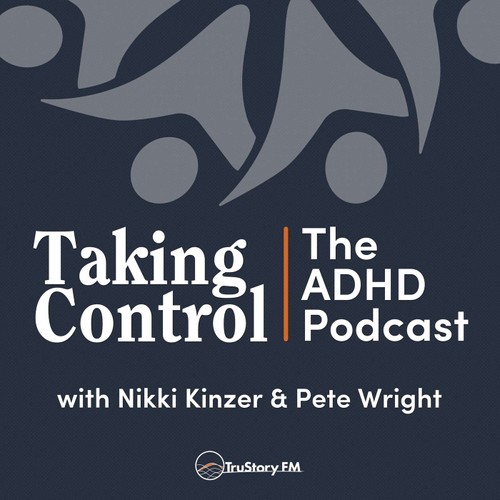
 Taking Control: The ADHD Podcast
Taking Control: The ADHD Podcast Delayed Sensory Affect: Understanding the Overload with Dr. Michael Felt
Oct 31, 2024
Dr. Michael Felt, an ADHD and Executive Functioning specialist and professor at Columbia University, shares insights on Delayed Sensory Affect (DSA), a hidden struggle for many with ADHD. He explains how constant stimulation leads to neglect of basic needs until a chaotic breakdown occurs. The discussion highlights the emotional transitions from work to home, advocating for self-awareness and proactive routines. Pete opens up about the emotional toll these transitions can take, making it relatable for listeners navigating similar challenges.
AI Snips
Chapters
Transcript
Episode notes
The "I have to make" Phenomenon
- Dr. Felt explains DSA through the "I have to make" phenomenon observed in children after screen time.
- They ignore bodily cues during stimulation, only to express them intensely afterward.
Delayed, Not Absent, Sensory Affect
- DSA involves a delay, not an absence, of sensory processing during intense stimulation.
- Feelings of hunger or thirst are present but muted, becoming amplified when the stimulation stops.
Prepare for Hyperfocus
- Prepare for hyperfocus sessions by having necessities like food and drinks readily available.
- This helps mitigate the delayed sensory affect by addressing needs before they become overwhelming.
